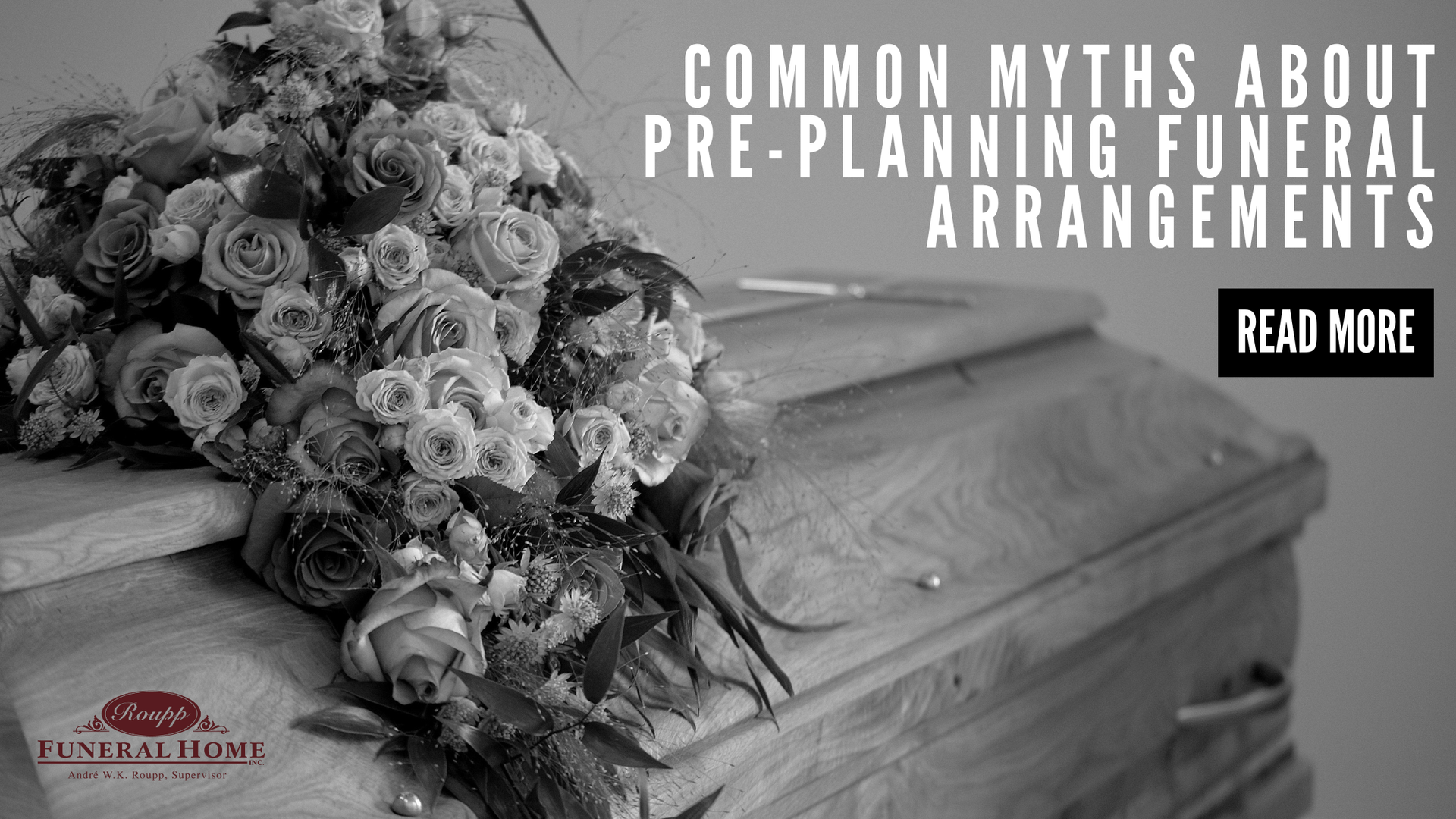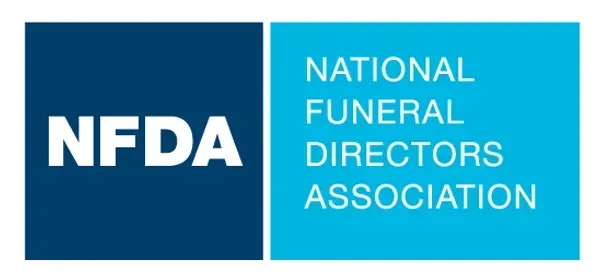Bearing the Weight: What It Means to Be a Pallbearer
Being asked to be a pallbearer is a significant honor and responsibility. It is a role that requires one to carry the casket of a deceased loved one or friend, symbolically bearing their weight and helping to lay them to rest. This duty is deeply meaningful and can provide a sense of closure for those who have lost someone close to them.
The tradition of pallbearing dates back centuries and was originally reserved for those of high social status. Today, it is a common practice across cultures and religions, with individuals of all backgrounds and beliefs serving as pallbearers.
The act of pallbearing can be seen as a final act of service to the deceased, a way to show respect and pay tribute to their life.
The role of a pallbearer is not just physical, but also emotional. It is a position that requires one to remain composed and dignified during the funeral procession, even in the face of intense grief. Pallbearers are expected to arrive on time, dress appropriately, and carry out their duties with respect and solemnity. It’s about supporting those who have lost someone close to them.
One of the most important aspects of being a pallbearer is understanding the symbolism behind the act of carrying the casket. Pallbearers are not simply carrying a box, but rather, they are carrying the physical embodiment of the deceased. This is a heavy responsibility that should not be taken lightly.
In addition to carrying the casket, pallbearers may also play a role in the funeral service itself. They may be asked to stand alongside the casket during the service or to serve as ushers, helping to guide mourners to their seats.
Being a pallbearer is often a family affair, with close friends or family members of the deceased being chosen for the role. This can be both an honor and a burden, as it requires one to be emotionally available and supportive for those who are grieving. Pallbearers should be prepared to offer words of comfort and to listen attentively to those who need to talk.
While the role of a pallbearer is undoubtedly solemn, it can also be a way to honor the life of the deceased. Serving as a pallbearer can be a final act of love and respect, a way to show how much the person meant to those who knew them.
In some cases, pallbearers may need to travel long distances or take time off from work to fulfill their duties. While this can be an inconvenience, it is important to remember the significance of the role and the importance of being there for those who are grieving.
One important thing to keep in mind is that not everyone is physically capable of being a pallbearer. The weight of a casket can be significant, and carrying it requires strength and coordination. If you are asked to be a pallbearer but are not physically capable of fulfilling the role, it is important to be honest with the family and to offer your support in other ways.
In conclusion, being a pallbearer is a significant honor and responsibility. It requires one to bear the weight of the deceased, both physically and emotionally, and to serve as a source of comfort and support for those who are grieving.
While it can be a solemn and challenging task, it is also an opportunity to pay tribute to the life of the person who has passed away and to show how much they meant to those who knew them. If you are asked to be a pallbearer, take the role seriously, prepare yourself both physically and emotionally, and remember the symbolism and significance.
If you or someone you know has been given the task of being a pallbearer,
download this free guide for more information. In it, you'll find everything you need to guide you through the process of being a pallbearer. Learn more about what is required at the service and at the cemetery.
Being asked to be a pallbearer is a significant honor and responsibility. Here at Roupp Funeral Home, we're here to help you carry out your role successfully.













